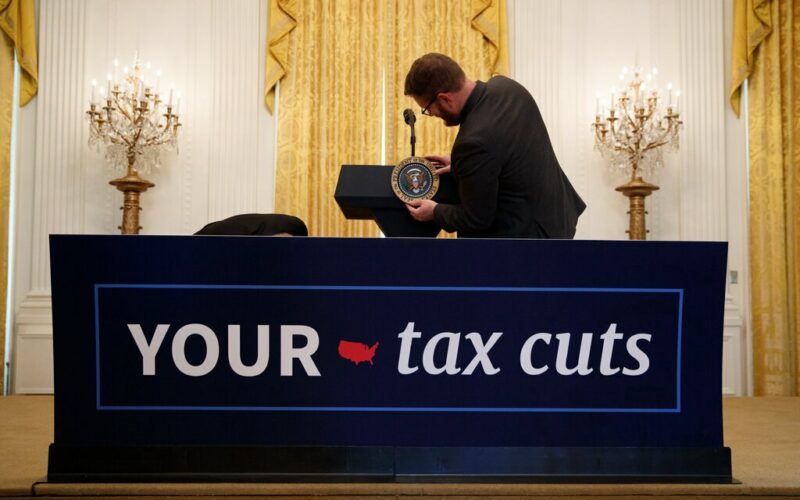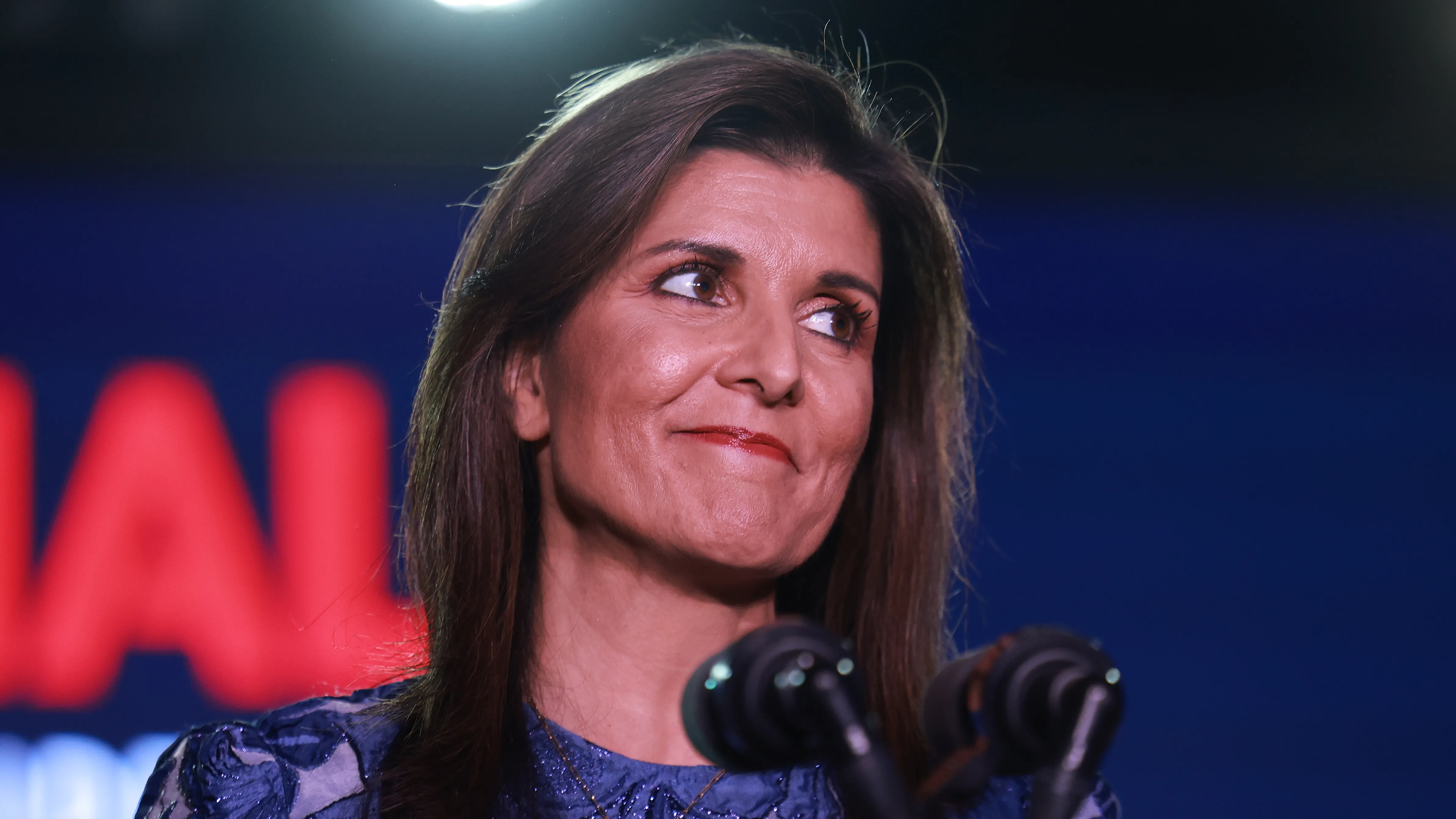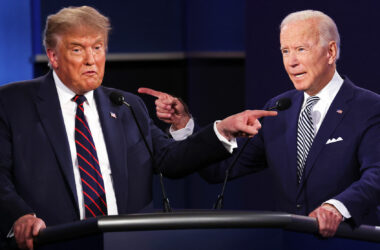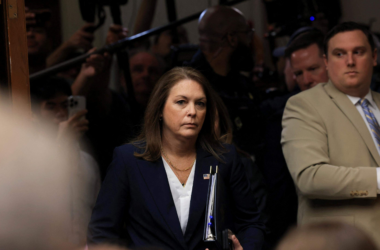As President Biden’s decision not to seek re-election shifts the political landscape, Washington is bracing for what is being dubbed the “Super Bowl of tax” in 2025. Preparations are underway for a high-stakes debate over the future of the Tax Cuts and Jobs Act of 2017, with both parties and lobbyists gearing up for significant battles over tax policy.
The Tax Cuts and Jobs Act, which was enacted under the Trump administration, introduced several major changes to the tax code, including substantial cuts for corporations and temporary reductions for individuals. Many of these tax cuts are set to expire after 2025, creating a pivotal moment for lawmakers to either extend, amend, or repeal them.
Senator Michael D. Crapo of Idaho, a key Republican on the Senate Finance Committee, has been actively preparing for the debate. “We’re studying and preparing,” Crapo said, referring to the ongoing work to address the impending expiration of the tax cuts. This preparation is part of what he described as the “preseason” for the upcoming legislative battle.
The expiring provisions include benefits for middle-class Americans, such as increased standard deductions, lower marginal income tax rates, and an expanded child tax credit. While Republicans allowed these measures to expire, they made other provisions, like the reduced corporate tax rate of 21 percent, permanent. This strategic move was designed to encourage Democrats to protect the cuts for individuals.
Democrats, including Vice President Kamala Harris, have expressed support for extending tax cuts for most Americans. Harris has backed Biden’s position to avoid increasing taxes on households earning less than $400,000 per year. Conversely, former President Trump and many Republicans advocate for extending all the tax cuts and potentially implementing further reductions.
The cost of extending the 2017 tax cuts is estimated at roughly $4 trillion over a decade, according to the Congressional Budget Office. Some Republicans are contemplating raising corporate taxes to offset this cost, a position that contrasts with Trump’s desire for additional cuts. On the other hand, Democrats are also exploring ways to fund the extension of tax cuts, with proposals including higher taxes on wealthy individuals and corporations.
Lobbyists and trade associations are preparing extensive campaigns to influence the debate. Business groups, such as the Business Roundtable, are mobilizing significant resources to defend corporate tax breaks, while others focus on preserving deductions for “pass-through” businesses.
However, the task of navigating the tax code is complicated by the turnover of lawmakers who originally crafted the 2017 law. Many of these legislators have since left Congress, requiring lobbyists to educate new policymakers about the provisions and impacts of the tax code.
The discussion is also likely to intersect with debates over the national debt and deficit. Critics argue that raising corporate taxes to finance tax cuts could exacerbate fiscal challenges, while others contend that addressing the deficit requires careful consideration of all tax policies.
As Congress prepares for this major tax policy debate, the outcome will have significant implications for both individual and corporate taxpayers. With various proposals and positions in play, the coming months will be crucial in shaping the future of the U.S. tax system.








